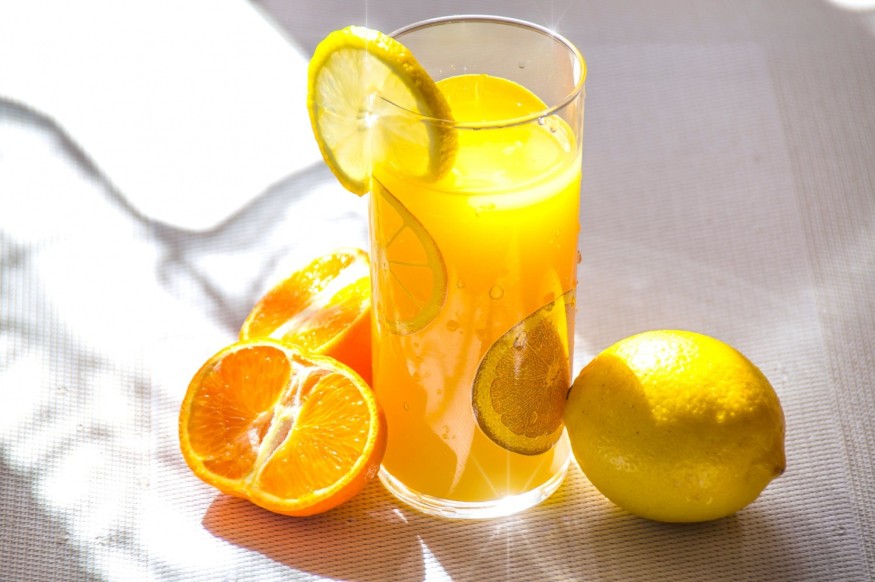
For the longest time now, parents have kept reminding their kids to take their Vitamins, particularly their Vitamin C after breakfast, before leaving for school. And, regardless of our age, gender, occupation and social status in life, we all know that Vitamin C and colds are more often than not, two words identified with one another. If you can relate to what you just read, you surely are one of the countless people who believe that Vitamin C is indeed, effective treatment for colds.
Even though it's been a common knowledge that Vitamin C is the best weapon against colds and that the two are identified words and yet, they are technically enemies, not everyone knows the effectiveness of the vitamin C and how it really works with colds.
ALSO READ : Researchers Give New Hope for COVID-19 Treatment after Finding Potential Therapeutic Vaccines
History has it that in 1970, Linus Pauling, a Nobel Prize winner popularized the concept that Vitamin C is a great contributor to the treatment of colds. Relatively, he released a book about preventing colds through the use of "megadoses of Vitamin C," or up to, 18,000 milligrams (mg) every day. To compare, the RDA for women is 75 mg, and for men, it's 90 mg. During this time though, no reliable research had proven the finding to be true.
What You Need to Know about Vitamin C and its Impact on Colds
Essentially, the human body doesn't make Vitamin C. However, everyone needs it for bone structure, immune function, healthy skin and absorption of iron. You don't have to have lots of money to have sufficient Vitamin C in your body.
More so, you don't need to be expert or well knowledgeable about medicines to know if you're getting enough to stay healthy. Good news! You get Vitamin C from our everyday diet. Typically, you get a lot of Vitamin C from strawberries, citrus fruits, tomatoes, and green vegetables, among others.
The most substantial and undoubted proof to date came from a 2013 review of 29 trials at random with over 11,000 participants. This study found that of extensively active people like the Army troops, skiers and marathon runners who were into doing strenuous exercise in subarctic circumstances, "taking at least 200 mg of vitamin C" daily appeared to reduce the risk of catching a cold in half.
CHECK THIS OUT : Is 'Favilavir' Finally Going to End the COVID-19 Pandemic?
However, for the overall population, everyday intake of Vitamin C did not lower their risk of catching a cold.
Consequently, which is quite encouraging, too, the study found that taking Vitamin C of at least 200 mg each day appeared to lessen the duration of symptoms of colds by 8% on the average in adult individuals, and 14% in younger individuals. Meaning, ad medical experts claim, the finding could be essential for some individuals since the common causes lead to "23 million lost days of work" every year.
What to Do
Amidst the widespread of the coronavirus (COVID-19) pandemic, everyone should take extra self-care. Simple colds nowadays should not be taken for granted and must be paid serious attention to.
If you want to fully enjoy the benefits of Vitamin C, you must consume it daily and not just whenever you feel the cold symptoms or at the start of such symptoms.
Vitamin C is better and more effective when taken from food because of the other essential nutrients you get from it.
According to Beth Israel Deaconess Medical Center's chief of clinical nutrition, Dr. Bruce Bistrian, one must consume the suggested five servings of vegetables and fruits each day to "get enough Vitamin C.
And, as for the other claims that intake of Vitamin C in massive doses can help prevent colds, they recommend 8,000 mg each day.
There are other claims though, that doses of Vitamin C with 2,000 mg or more can lead to diarrhea, nausea and abdominal pain. It may also interfere with blood sugar tests.
© 2026 ScienceTimes.com All rights reserved. Do not reproduce without permission. The window to the world of Science Times.












